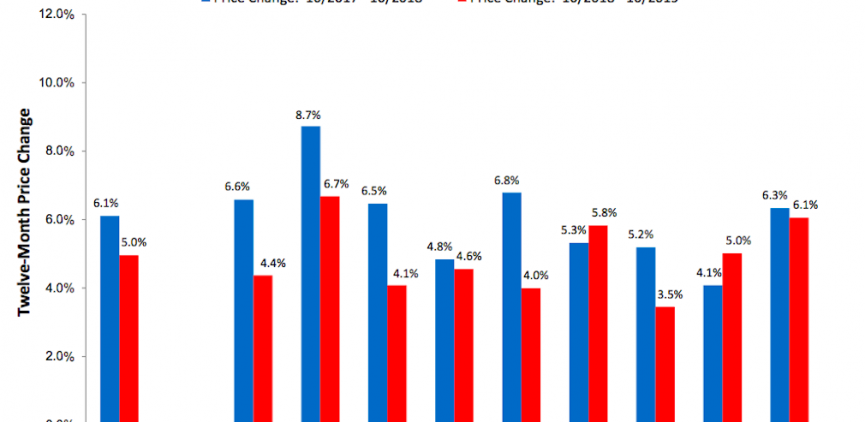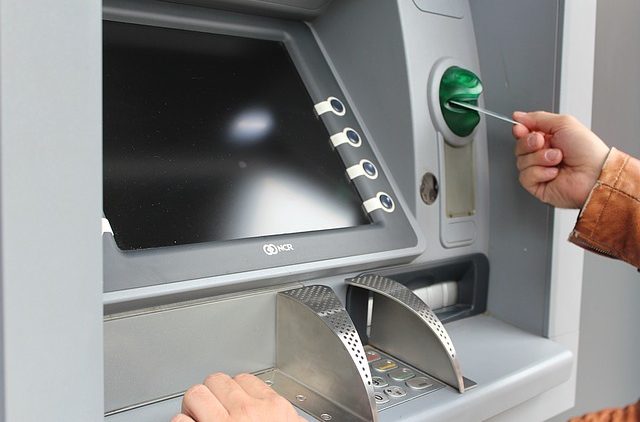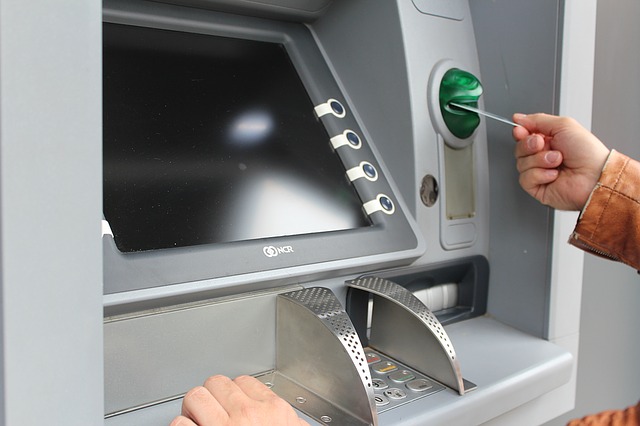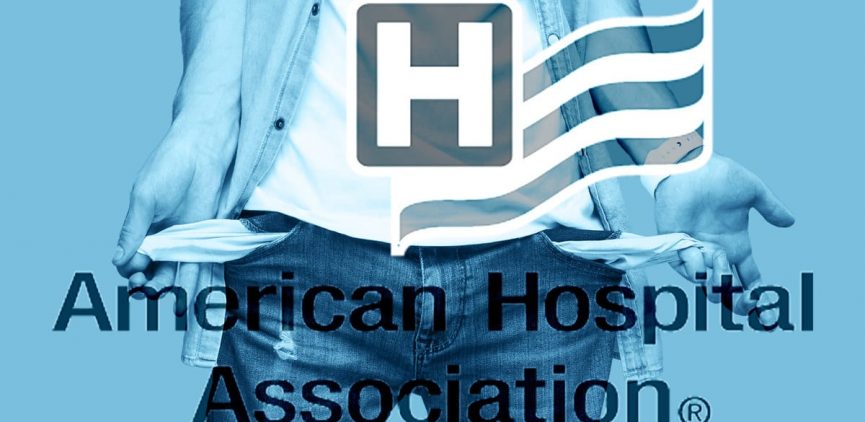How to Handle a Debt Settlement Offer
A debt settlement offer to pay off a credit card with less money than what you owe can seem like a gift. Settling a $6,000 credit card bill for $4,000, for example, leaves you with $2,000 in debt that you don’t have to pay.
Instead of being in perpetual debt and seeing on your credit card statement how long it will take to pay off the bill, you can get that debt out of your life.
Or so you think.
While the debt will be gone and the creditor or collection agency will get off your back, agreeing to a debt settlement can lead to other problems. Among them are higher taxes, a big hit to your credit score for years, and having to come up with the money to pay the debt off in a lump sum.
For some people, a debt settlement may be the worst way to pay off their debt.
Table of Contents:
How Do Debt Settlements Work?
Negotiating a Debt Settlement
Using a Debt Settlement Company
DIY Debt Settlement
Is Debt Settlement a Good Idea?
How Do Debt Settlements Work?
Debt settlement offers can be initiated by you or a creditor or collection agency. If you have a large amount of debt from a credit card company, you may get a letter from the company offering to settle the debt.
The first thing to understand is that debt settlement will generally only work on unsecured debt such as credit cards and other bills that have gone into collections. If you’re behind on your mortgage or car loan, you’re not going to be able to settle because a car can be repossessed and a house can be foreclosed on. Debt settlement also will not work with student loans.
Why Do Creditors Offer Debt Settlements?
Two situations could move a creditor to contact you with a debt settlement offer:
If you’ve missed making payments for several months or
If you are delinquent on the account.
If they believe you can afford your payments, they’re less likely to settle.
A debt settlement may be offered because the creditor believes it is its best chance to get at least some of the money owed from a client. Credit card debt is unsecured. Creditors can’t take your house or car if you don’t pay, and must sue you in court to garnish your wages. If you file for bankruptcy, they’re unlikely to get anything.
In a debt settlement, the creditor agrees to reduce the principal amount you owe if you pay a lump sum that’s less than what you owe. It can range from 40 to 80 percent of the balance. To the creditor, this lesser amount is better than nothing or sending a collection agency or lawyer after you.
Can A Debt Settlement Be Negotiated?
If you get a debt settlement offer, know that it can be negotiated. You can also contact your creditor first and ask for a settlement, or you can hire a lawyer to represent you in one.
If you’re going to negotiate, it can help to have a financial hardship that you’re facing — such as a huge hospital bill or job loss. These can be signs that you’re unable to pay many of your bills, with a credit card bill being your lowest priority.
Paid In Full vs. Settled
If the creditor won’t drop to a lower payoff and you pay the sum they propose, you may be able to get them to report your debt as “paid in full” instead of “settled.” Having a debt listed as “settled” can hurt your credit score for years.
Whether you negotiate or not, conduct the entire process in writing. Get all of the details in writing, such as the payment amount and due date. Don’t send any money until you get the offer in writing and have reviewed it, possibly with a lawyer. It’s a binding contract and you should read the terms carefully.
Debt Settlement Companies
You have two options with debt settlement. You can do it yourself and negotiate directly with your creditors, or if you don’t want to negotiate yourself, a debt settlement company can negotiate on your behalf as an intermediary.
Instead of paying your credit card issuer, you pay the debt settlement company directly an agreed-upon amount each month and the company pays your creditor after reaching a settlement agreement.
Pros & Cons of Debt Settlement Companies
Pros
They know how to negotiate with creditors.
By law, they can’t charge upfront fees.
They will probably be more successful at negotiating than you.
The fees are reasonable.
Cons
Your credit score will tank because you stop making payments.
Collectors won’t stop attempting to collect payment from you.
You’ll have to pay the debt settlement company a 10%-15% fee.
Debt Settlement Scams
You should also be aware that some of these companies have been found to be scams, or at least not totally honest with consumers.
The Consumer Financial Protection Agency filed a lawsuit in 2017 against Freedom Debt Relief, the nation’s largest debt settlement services provider. The suit alleges that Freedom charges consumers without settling their debts as promised, makes customers negotiate their own settlements, and misleads them about its fees, among other problems.
Some debt settlement companies may insist you must use an intermediary, when in fact you can contact a creditor yourself to settle.
Some of these companies advise people to stop paying on active accounts and to stop speaking with their creditors. Withholding payments to save up for a settlement can lead to interest and penalties.
Advance payment may be required by some debt settlement companies. The Federal Trade Commission forbids this and only allows money to be collected once a debt is lowered or settled.
DIY Debt Settlement
The other option you have is to simply reach out to your creditors yourself and offer them a lump sum that’s less than the current balance. This works best with collections and debts that have been charged off. The older the debt, the more luck you’ll have of settling for a significantly lower amount.
You shouldn’t be nervous about settling with creditors. The most important thing is to save up enough money to offer them a reasonable lump sum payment. A major advantage of negotiating yourself is that in addition to paying off the debt, you can also ask that in exchange for a lump sum payment, they also remove the negative entry from your credit report.
Pros & Cons of DIY Debt Settlement
Pros
Less negative impact on your credit score.
No additional fees.
You can negotiate the removal of negative entries on your credit report.
Cons
You have to negotiate the settlement yourself.
You probably have less experience negotiating with creditors than debt settlement companies.
Is Debt Settlement a Good Idea?
If you’re happy with a debt settlement offer you’ve received, then you may want to proceed.
But you should be aware of the downsides:
Forgiven Debt is Taxable Income
The first is that a forgiven debt of $600 or more is considered income, and added income is taxable. In the example that we started with of a $6,000 debt being lowered to $4,000, the $2,000 that isn’t repaid is considered taxable income. Filing for bankruptcy or proving insolvency if your liabilities exceed your assets are the only ways to avoid taxation.
Credit Scores Drop After A Debt Settlement
Your credit score could continue to fall after a debt settlement. Paying less than the original amount of debt will be reported to the credit bureaus as a settlement, which can stay on your credit report for up to seven years. While a settlement is better for a credit score than having an account reported as unpaid, it’s almost as bad as having a bankruptcy.
You Must Make A Lump Sum Payment
Whatever payoff you negotiate, the creditor will want it in one lump sum. Getting $4,000 together to settle a $6,000 debt may be difficult. The due date will likely be soon.
Debt Settlement Companies Have High Fees
If you’re working with a debt settlement company, expect to pay fees equal to 15 to 25 percent of the amount of debt settled.
Bankruptcy May Be A Better Option
Debt settlement may be your last resort if you’re facing hardship and debt you can’t pay.
Bankruptcy may be a better way out, however, as a way to release yourself from debt and start rebuilding your financial life.
You should be aware that bankruptcy can be listed on your credit history for 10 years, and could still require you to make payments toward debt.
The post How to Handle a Debt Settlement Offer appeared first on Better Credit Blog | Credit Help For Bad Credit.
Read more: bettercreditblog.org









